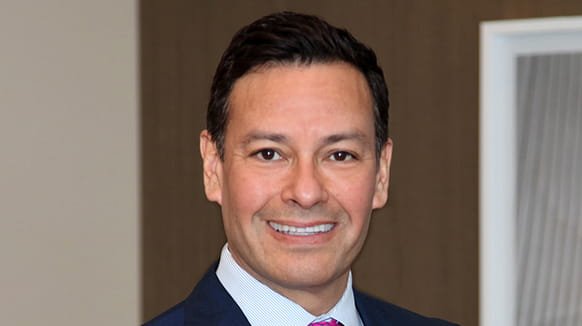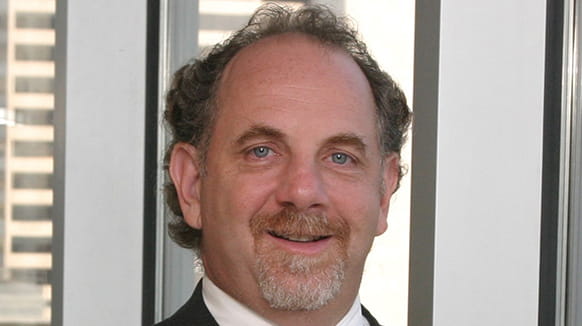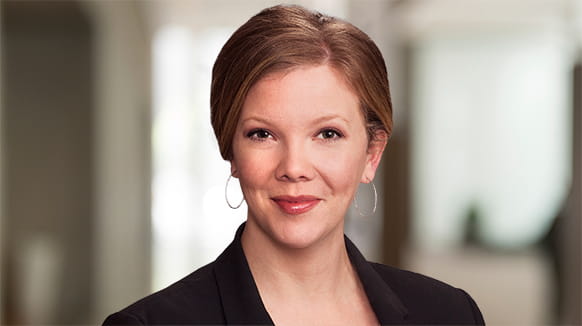After several years of below-normal Atlantic hurricane activity, Hurricane Matthew has provided a forceful reminder of the devastation such storms can leave behind. While reports vary, Matthew contributed to the deaths of hundreds in Haiti before creeping up the Florida coastline bringing torrential rain, record flooding, and sustained winds in excess of 100 mph. Hundreds of businesses have closed in Florida, Georgia and the Carolinas, thousands of flights have been cancelled, and hundreds of thousands are without power or other services. As Matthew churns into the Atlantic, residents and businesses are already turning toward recovery and rebuilding. For many businesses, however, lost revenues may outweigh the cost of repairing damaged property and may continue long after the flood waters have receded. For corporate policyholders facing lost profits and related expense in the wake of Hurricane Matthew, here are three considerations for maximizing business interruption insurance recovery.
1. Pursue All Recoverable Loss & Expense.
Just as there are many sources of income and various means of calculating earnings, commercial property policies provide a number of distinct business interruption coverages. One common coverage insures “gross earnings,” which obligates the carrier to pay for the actual loss of the insured’s gross income during the period that the insured’s business has been interrupted, reduced by the amount of any expenses that do not continue during the same period. Beyond this general “gross earnings” coverage, many commercial property policies offer a variety of other coverages that corporate policyholders should pursue as appropriate under the circumstances.
Contingent Business Income. Contingent or dependent business income coverage generally provides payment for actual loss sustained or extra expense incurred due to impairment of an insured’s business operations, provided that such impairment or suspension is caused by direct physical loss or damage from a covered peril to dependent business premises, including those customers or suppliers upon which the insured’s business relies. Some companies, whose property was not directly affected by Hurricane Matthew, may nonetheless have sustained impairment to business operations because of damage to a supplier, customer or other dependent business. For these companies, contingent business income coverage may be a vital source of liquidity in the aftermath of Hurricane Matthew.
Extra Expense. Although business interruption loss is compensable under many commercial property policies, most carriers only insure such loss to the extent that it cannot be reduced by using other facilities or personnel at the insured’s disposal. In other words, if, for example, a company’s manufacturing operations at one site were terminated by catastrophic loss, an insurer may not cover lost income from that facility if production could be transferred to a different non-damaged facility. However, to the extent that in doing so, the company would incur overtime or other extraordinary expense, the “extra expense” coverage may provide coverage for such loss. For companies whose continuing operations were not interrupted, but were made more expensive because of Hurricane Matthew, “extra expense” coverage may provide recovery for the reasonable and necessary costs incurred to temporarily continue the insured’s business during a specific period.
Civil Authority. Often business interruption is caused by direct physical loss or damage to the insured’s premises. However, in the event of a significant catastrophe, like Hurricane Matthew, an insured’s business operations may be suspended as a result of restrictions placed by police or other civil authorities. For this risk, commercial property policies will sometimes provide coverage for the loss of income sustained or extra expense incurred by an insured whose business operations are suspended because of actions by civil authorities to prohibit access to specified premises due to direct physical loss or damage to other property caused by a covered cause of loss. Businesses, whose facilities were not damaged by Hurricane Matthew, but whose operations were nonetheless impacted by government evacuation orders, may find recovery through this additional coverage.
Service Interruption. An insured’s business operations may be suspended not only because of actual physical loss or damage to the insured’s premises, but may also be caused by a lack of incoming electricity, gas, fuel, water, data/communication or other services as well as from the lack of outgoing communication, sewer or other services. Some commercial property policies provide coverage for income lost and extra expense incurred when the providers of these services suffer direct physical loss or damage from a covered peril. Businesses affected by Hurricane Matthew in this manner should consider “service interruption” coverage and ensure compliance with the specific notice and other specialized conditions that often accompany this coverage.
Other important coverages to consider may include Extended Business Interruption, Specialized Income, and Ingress/Egress coverage, among others. Hurricane Matthew will affect different companies’ operations in a variety of different ways. Those companies, who review and pursue these additional coverages in their commercial property policies, will have the best opportunity to maximize recovery of business interruption and related loss arising out of Hurricane Matthew.
2. Request Timely Advancements.
In addition to giving notice of a loss, it is generally up to the insured to document any claimed damage in filing a written “proof of loss” with the insurer. Risk managers and in-house counsel should be aware of the applicable deadlines within the policy, as filing of the “proof of loss” will trigger the insurer’s obligation to pay under the policy. But even if timely notice and proof of loss is given, it may take weeks for the corporate policyholder to adequately document and submit a claim and weeks more for the insurer’s adjuster to review and respond with payment. For complex business interruption claims, this process may take months to complete, and the intervening delay in obtaining payment for lost income may result in additional damage to the insured’s business. To avoid this outcome, it is customary for insurers to advance funds for both property damage and business interruption, particularly when some substantial quantum of covered loss and damage is known.
Corporate insureds should remain in close communication with the assigned adjuster, as well as loss payees as appropriate, to request advances as needs arise. Even advances will require the review and execution of a partial proof of loss. As a result, the dialogue between insurer and insured should address expectations regarding both the amount of the advance and the timing of payment. Doing so will ensure that the corporate policyholder can receive the full measure of coverage in intervals that will sustain rather than impair continued business operations.
3. Give Attention to the Period of Indemnity.
In most commercial property policies, business interruption coverage in one form or another is allowed only for a discrete period of time. For civil authority or service interruption coverage, as an example, coverage may exist only for a specified number of days. Other business interruption coverages may be limited to a defined period of indemnity equal to the time required for the insured to resume operations with due diligence and dispatch. Part of ensuring adequate business interruption recovery following an event like Hurricane Matthew takes place in the underwriting and procurement of commercial property coverage. Adequate limits and terms for the insured’s particular business operations must be analyzed and negotiated at the outset with the insurer. But when losses occur as they have for hundreds of businesses impacted by this storm, corporate policyholders must also be diligent in documenting the period of indemnity.
If repairs to damaged property involve complexities that will extend the period of reasonable recovery, those factors should be communicated to the adjuster reviewing the business interruption claim. For example, replacement of damaged property and equipment may require customized design and construction or skilled labor. Following a disaster like Hurricane Matthew, demand for construction supplies and labor may affect not only the price of replacement, but also the schedule for completion. Experienced consultants and counsel may be necessary to accurately account for such factors and enable corporate policyholders to realize the full value of a business interruption claim. Ordinary delays, change orders, labor and supply issues impacting the period of indemnity should also be communicated on a timely basis to the appropriate insurance adjuster.
In short, there are a multitude of considerations that must be addressed to execute a successful business interruption claim, but pursuing all applicable coverages, requesting timely advances, and paying attention to the period of indemnity will go a long way toward maximizing the corporate policyholder’s recovery of business interruption and related losses.
If you have questions about business interruption claims arising from Hurricane Matthew or commercial property insurance coverage in general, please contact one of the Haynes Boone Insurance Coverage Practice Group partners listed below.




